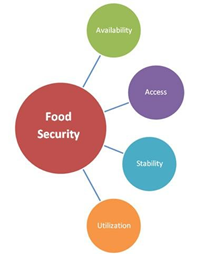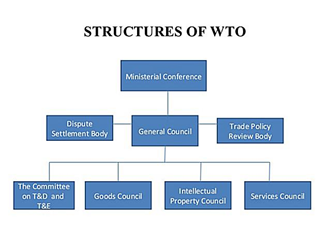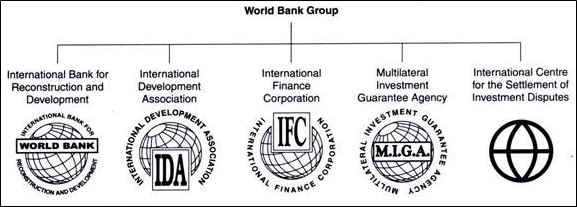Food security exists when all people, at all times, have physical, social, and economic access to sufficient, safe, and nutritious food that meets their dietary needs for an active and healthy life. This definition, endorsed by the World Food Summit in 1996, encompasses four key dimensions: availability, access, utilization, and stability.

Dimensions of Food Security
1. Availability: This refers to the presence of adequate quantities of food at national and local levels through production, stockpiling, or imports. Food availability addresses the “supply side” of food security and is determined by the level of food production, stock levels and net trade. In India, agricultural policies, the Green Revolution, and ongoing government initiatives ensure food availability.
2. Access: Access to food means ensuring that individuals have the resources to obtain appropriate foods for a nutritious diet. This includes both physical access (proximity to markets) and economic access (affordability). Programs like the Public Distribution System (PDS) and direct cash transfers play a crucial role in enhancing food access in India.
3. Stability: Stability implies that individuals’ access to adequate food remains consistent over time. Factors like climate change, economic crises, and political instability can threaten this stability. India’s buffer stock policy and disaster management mechanisms strive to maintain food stability.
4. Utilisation: Utilisation encompasses the proper biological use of food, requiring a diet that contains sufficient energy and essential nutrients, as well as clean water, sanitation, and healthcare. The National Food Security Act (NFSA) 2013, aims to provide subsidized food grains to approximately two-thirds of India’s population, thereby ensuring proper utilization.
Food Security Initiatives
India faces significant food security challenges, including malnutrition, food wastage, and economic inequality. The National Food Security Act (NFSA), 2013 is a landmark initiative aimed at combating these issues by legally entitling 75% of the rural population and 50% of the urban population to receive subsidised food grains.
Additionally, the Pradhan Mantri Garib Kalyan Anna Yojana (PMGKAY), launched during the COVID-19 pandemic, provides free food grains to 80 crore population, highlighting the government’s commitment to food security in times of crisis.
Spread the Word





